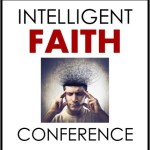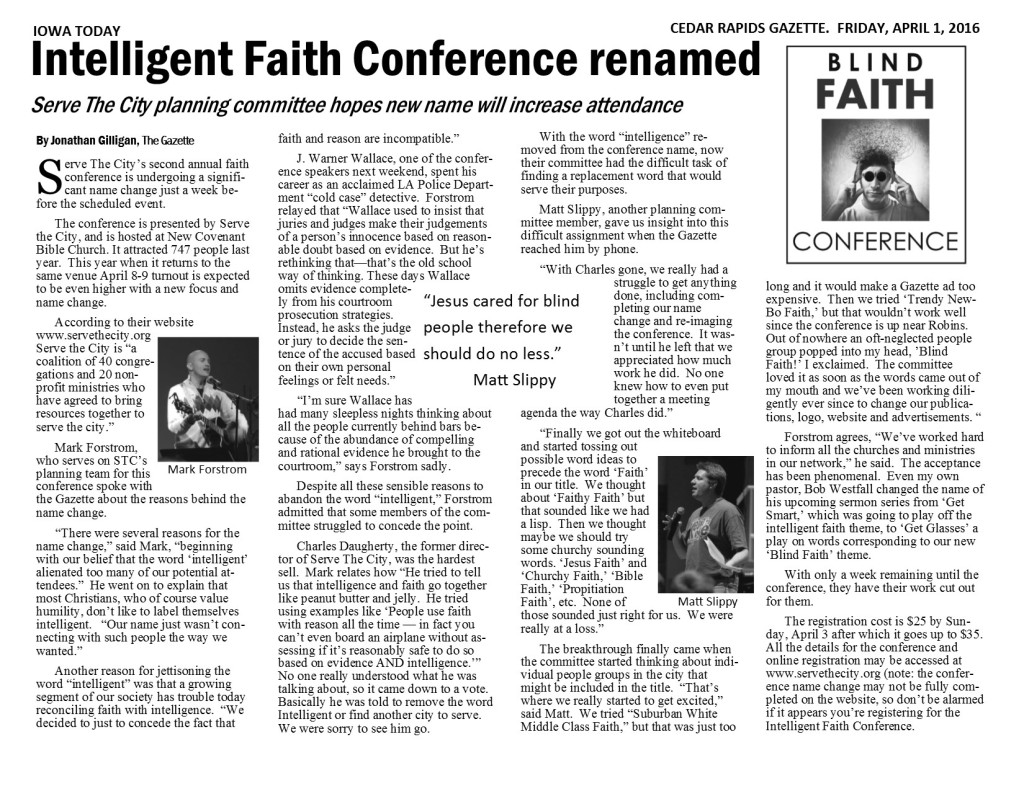 School begins today for most students so let me take this occasion to say that I don’t want your son or daughter doing their best this year.
School begins today for most students so let me take this occasion to say that I don’t want your son or daughter doing their best this year.
I’m not joking. I mean exactly that. I want your student to be doing less than his or her best.
Too often parents push their kids to always do their very, very best. The reasons for this range from good (“I want my kids to be successful”) to bad (“My kid is a reflection of my good parenting”) to worse (“My child is going to meet my unfulfilled childhood dreams”).
The effect on these kids will likely be stress and resentment toward their parents as they feel constantly prodded onto the performance treadmill.
This expectation for them to always do their very, very best is unrealistic — and here’s the rub: it’s a standard to which we can’t even hold ourselves!
Here’s why — it’s unattainable. No one can simultaneously do their best all the time in every area of their life. We are complex, multi-dimensional creatures with varying roles and responsibilities. I can’t be the best possible youth pastor at the same time as being the best possible husband, at the same time as being the best possible dad, at the same time as being the best possible neighbor, friend, church member, citizen, gardener, trumpet player, runner, volunteer, disciple of Jesus, etc. Something’s gotta give! Perfection in one area only occurs at the expense of all the others.
Think about it: if we nag, push, and prod our kid to be the best possible student he could be, he’s going to end up being a negligent friend, an inattentive neighbor, a distracted employee, an absent youth group member, and a prayerless, Bibleless Christian. Is that really what we want our kids to be? I say, no.
I can anticipate the push back, “But Mark, we’re called to excellence! We can’t allow our kids to get away with doing shoddy work.” I’m not advocating laziness or sloppiness. I’m all for excellence, but the reality is that it can’t be maintained in all fields simultaneously. These areas compete for our time and will always be in tension with one another. We must seek balance.
To insist they always do their best will lead to anxiety or burnout and will deprive them of having the margin in their life needed to enjoy their childhood.
So what’s the answer? Stop demanding your kids to do their best. Instead, just expect them to do the things that are reasonable (given all their roles, responsibilities and capabilities). Ultimately the question is, “Given your present circumstances, how is God nudging you to reasonably divvy up your limited amounts of time and energy?”
This standard of doing what’s reasonable instead of doing what’s best lifts us right off the performance treadmill. Here are some examples:
- Let’s say my daughter got a D- on the pop quiz because she was up late encouraging her suicidal friend instead of reading the assigned chapter. Wasn’t it reasonable for her to get a D- considering the way she followed God’s prompting to serve. Yes! In fact I’ll applaud her for choosing a D- over an A. After all, what matters more, the teacher’s report card or God’s?
- Your son senses God prompting him to skip two weeks of school to go on a missions trip. It means he’ll be kicked out of show choir and drop a letter grade in every class, forfeiting his valedictorian status. Commend him for choosing what is a reasonable sacrifice for the Lord.
- Your daughter’s teachers piled on 6 hours of homework the same night that she had committed to serve a meal at a homeless shelter. She chooses to keep her commitment, leaving her only 2 of the 6 study hours. She subsequently flunks a test the next day. Did she do her best at school? No. Did she do what was reasonable? Absolutely!
Bottom line: never insist your kids do their best. You — and they — will find much freedom by expecting them — and yourself — to do no more than what is reasonable.
 Over Spring Break Lexi went to Northern Italy with the UNI Wind Symphony. She had a wonderful time playing the saxophone which she loves, getting to know her bandmates, and enjoying a new part of the world she’d never seen.
Over Spring Break Lexi went to Northern Italy with the UNI Wind Symphony. She had a wonderful time playing the saxophone which she loves, getting to know her bandmates, and enjoying a new part of the world she’d never seen.
 I want your kids to fail.
I want your kids to fail.





 pun intended). It was a 17 page summary of a book on the history of Christmas. I was captivated — to the extent that I immediately bought the book and absorbed myself in it.
pun intended). It was a 17 page summary of a book on the history of Christmas. I was captivated — to the extent that I immediately bought the book and absorbed myself in it.
 n’t recognize. It certainly wasn’t the jalapeno plant that my label indicated should be growing in that spot. I almost pulled it out. But it looked determined and my curiosity got the best of me, so I decided to let it grow to see what would happen.
n’t recognize. It certainly wasn’t the jalapeno plant that my label indicated should be growing in that spot. I almost pulled it out. But it looked determined and my curiosity got the best of me, so I decided to let it grow to see what would happen. es we parents have expectations of how we want our kids to interact with others or fit in socially. We may have specific ideas of how they should learn, grow or develop. Sometimes we may want our kids to follow in our footsteps, make us look good, or achieve our own unfulfilled dreams. But is it possible that in doing so we may be pressuring them to be somebody they are not? Could it be that God designed them in ways that are uniquely different than our expectations? I suspect a lot of parent/teen conflict stems from just such pressure.
es we parents have expectations of how we want our kids to interact with others or fit in socially. We may have specific ideas of how they should learn, grow or develop. Sometimes we may want our kids to follow in our footsteps, make us look good, or achieve our own unfulfilled dreams. But is it possible that in doing so we may be pressuring them to be somebody they are not? Could it be that God designed them in ways that are uniquely different than our expectations? I suspect a lot of parent/teen conflict stems from just such pressure.